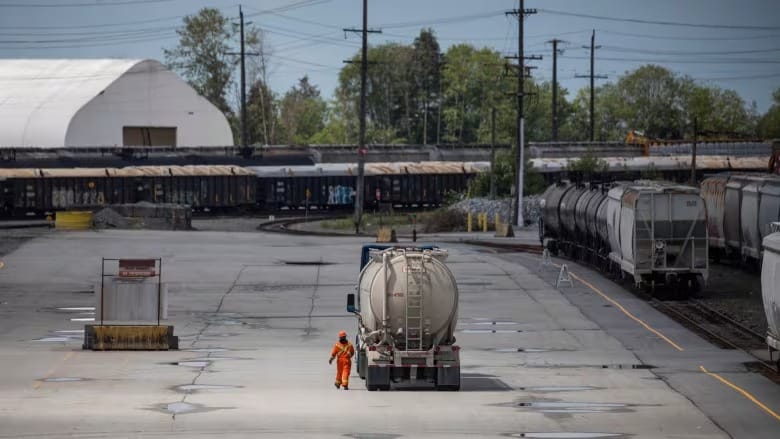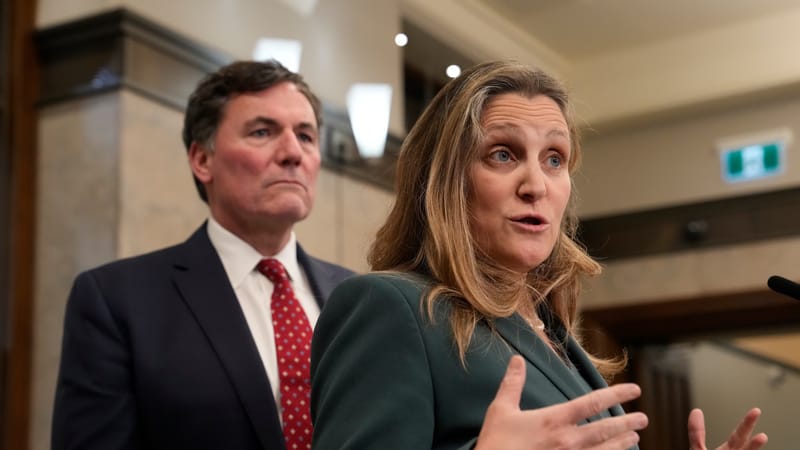Gunman targets Sikh activist behind contentious Canadian referendum
Satinder Pal Singh Raju survives assassination bid on California highway: 'I pray to God and my gurus that I have been given a second life and my goal is to complete the Khalistan referendum'

Earlier this month, Sikh activist Satinder Pal Singh Raju and two associates were driving along northern California's I-505 freeway when a white car rapidly approached them and swerved into the lane to their left. Suddenly, someone in the other vehicle opened fire, with bullets striking Raju’s pickup truck. Miraculously, no one inside the truck was injured.
“When the first shot was fired, I got nervous and ducked. Another round of shots came. In the meantime, our car skidded off the highway,” said Raju, who had helped organize a controversial Sikh independence referendum in Canada, in an interview with the National Post. “There was a field nearby, and we abandoned the car and ran toward the field for our safety.”
Raju immediately thought of his close friend, Hardeep Singh Nijjar, a Sikh leader in Surrey, B.C., who was killed in a planned shooting in June 2023. The RCMP has charged four men with Nijjar’s murder, and Prime Minister Justin Trudeau has suggested that Indian government agents were behind the assassination.
In the United States, the FBI has charged a man with plotting to assassinate Canadian-American lawyer Gurpatwant Singh Pannun, who leads the Sikhs for Justice group spearheading the referendum, under the direction of an Indian government employee.
Raju and Pannun now allege that this recent shooting was another assassination attempt orchestrated by India, although no perpetrator has been arrested and no motive has been revealed.

“It’s an incident that is not stand-alone,” claimed Pannun. “It is part of that trans-national repression that has been unleashed by the [Prime Minister Narendra] Modi regime, especially after he won the election this year.”
Raju stated that he is “100 per cent sure” Indian agents were behind the apparent attempt on his life, adding that he knows of no one else who would want him dead.
A spokesperson for the Indian embassy in Washington was unavailable for comment, but Delhi has previously denied involvement in targeted killings in North America. Bloomberg News reported that India has attributed the Pannun plot to a “rogue agent” from the Research and Analysis Wing, the country’s main intelligence agency.
Trudeau’s allegations regarding Indian involvement have led to a diplomatic conflict with Modi’s government, resulting in the expulsion of many Canadian diplomats from India.
While it remains unclear who was responsible for the recent California shooting, there is no evidence that Raju was involved in any criminal activity. Meanwhile, Canadian intelligence suggests that India has targeted Sikh activists, noted Dan Stanton, a former manager at the Canadian Security Intelligence Service.
Raju’s connection to Nijjar and his involvement in organizing the referendum suggests “it could be some sort of [murder] contract,” said Stanton, who is now the national-security head at the University of Ottawa’s professional-development institute.
Pannun believes that the threat to his life and others remains ongoing. He cited the arrest of four men in Brampton, Ontario, in February on weapons charges, which has been linked to a possible attack on a wedding in the Toronto area. Pannun was supposed to attend the ceremony, just a few months after his alleged would-be assassin was arrested in the U.S. One of the four men was later charged in connection with Nijjar’s murder.
Pannun also referenced recent statements by Modi, in which the Prime Minister declared that the “new India,” rather than delivering documents to countries harboring India’s enemies, “comes into your home to kill you.”
Although police in both Canada and the United States are pursuing criminal charges, Pannun argued that neither nation’s government has held Delhi and its diplomats accountable for the alleged violence, giving them a sense of impunity.
At the center of the controversy is the unofficial, non-binding referendum, which seeks to gather opinions from Sikhs around the world on whether India’s Punjab state should become an independent nation. In addition to organizing votes in California, Raju spent three months in Canada after Nijjar’s death to assist with the plebiscite in Surrey. He was also in Calgary until last month, organizing that city’s vote.
Despite limited support for Punjab independence within the state itself, the referendum has infuriated Delhi, which has labeled both Pannun and Nijjar as terrorists. India once attempted to persuade Interpol to issue a red notice for Pannun, akin to an arrest warrant, but the UN agency declined, citing the political nature of the request.
Advocates of the Sikh cause have been associated with terrorism in the 1980s and 1990s, including the bombing of an Air India plane carrying Canadian citizens. Some of those accused of terrorism have been supported by Sikh activists more recently. However, there is no evidence that the referendum is anything other than a peaceful exercise.
The shooting on October 11 occurred along a section of the 505 Interstate highway, approximately 55 kilometers northwest of Sacramento. After Raju and his colleague fled their truck, the white car sped away, according to Raju, with Pannun translating from Punjabi.
Lieutenant Don Harmon of the Yolo County sheriff’s office confirmed the basic details of the incident. His officers were the first to arrive at the scene, but they later transferred the case to the California Highway Patrol (CHP). A CHP spokesperson could not be reached for comment.
Despite the apparent unsuccessful assassination attempts, both activists remain undeterred.
“I pray to God and my gurus that I have been given a second life, and my goal is to complete the Khalistan referendum,” said Raju. “I have no fear.”
“This is how it is written,” Pannun said. “If being dead is the price I have to pay… I’m ready to pay that price.”





